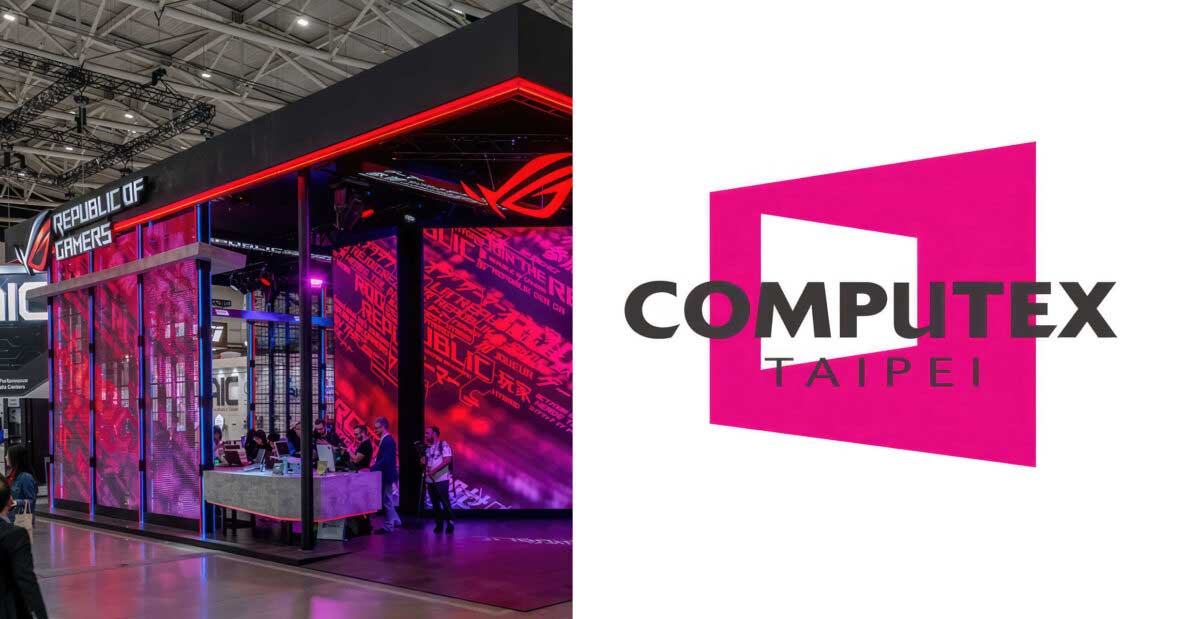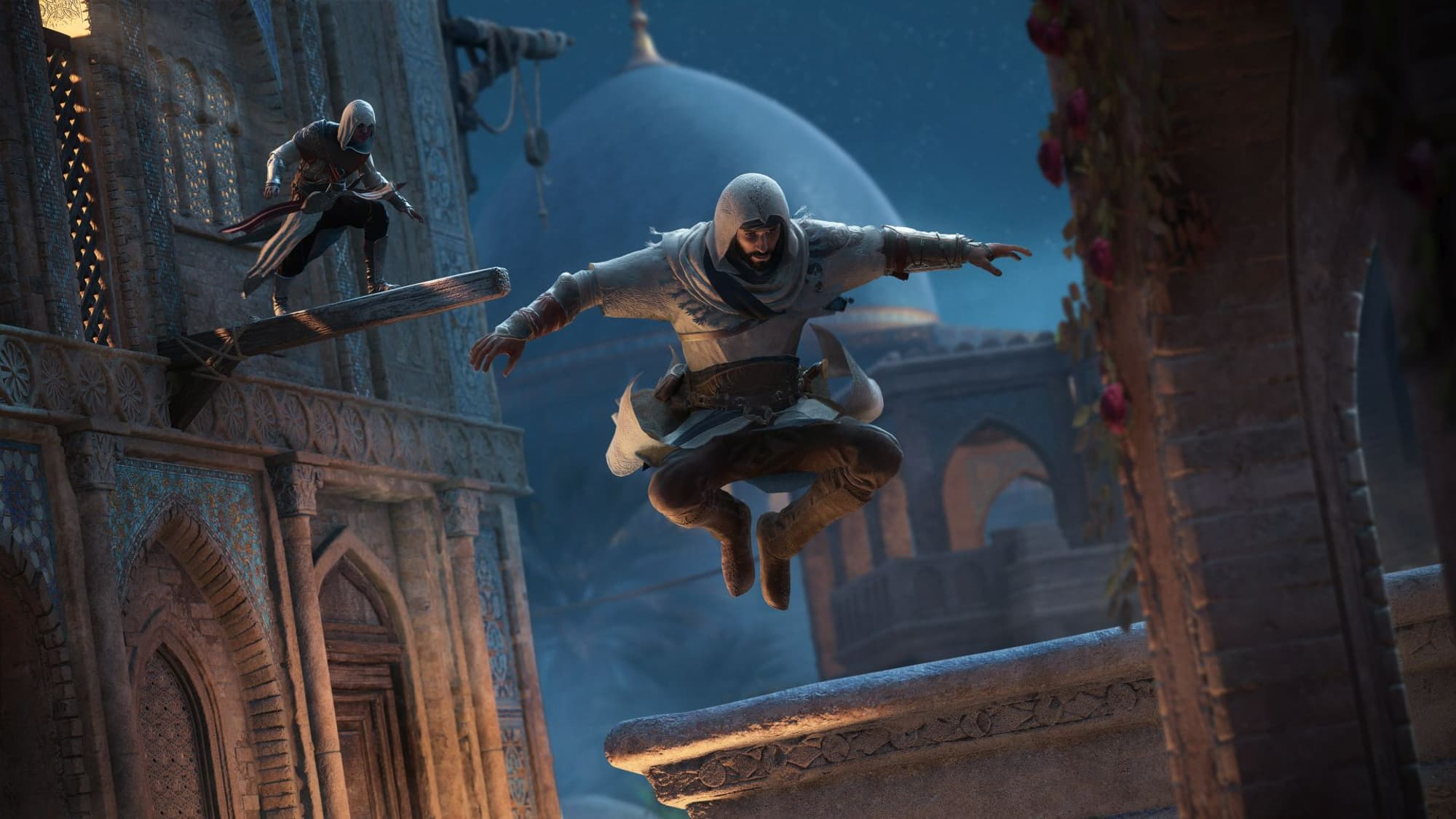Paris Match: How artificial intelligence is at the heart of your company.
Eric Sibony (co-founder and chief scientist of Shift Technology, a French startup specializing in insurance fraud detection using artificial intelligence): Shift provides fraud detection solutions using artificial intelligence. This allows all available data to be analyzed to determine whether claims or behavior are suspicious. Our product provides indicators rather than a conclusion, which always turns to a person for the final investigation. We don’t profile people, we actually analyze the situation.
Paris Match: Why has Paris become a stronghold of artificial intelligence?
Eric Sibony: I would even say France as a whole. This is due to the specific technical and interdisciplinary training of French engineers, which forces them to work in scientific fields such as mathematics, while at the same time wanting to solve specific problems. AI requires strong scientific and technological skills, but the goal is still to solve “real world” problems. This is the reason for our choice to settle in France: to have access to this pool of very strong people who want to solve specific problems.
Paris Match: In 2024, global investment in AI will be 150 billion, including about a hundred for the “Magnificent Seven” alone (Alphabet, Amazon, Apple, Meta, Microsoft, Nvidia, Tesla). Can Europe play a decisive role with its “small” startups?
Eric Sibony: Yes, if these startups and these unicorns also become tech giants. It seems difficult to displace those 7 players you’re talking about today, but OpenAI has shown with Chat GPT that you can go from a small startup to a major tech player in a few years. Of course, OpenAI is an American product, but it is not only intended for American companies. On the other hand, we need an “American style” strategy with maximum ambitions and colossal investments.
Paris Match: What are the key technological advances that have contributed to the recent development of artificial intelligence?
Eric Sibony: The recent growth is clearly related to Large Language Models (LLMs). The term “AI” became mainstream in 2016 when AI beat the world champion in Go and it was based on deep learning. LLM is a subcategory of deep learning, so they use its advances. But they build on a 2017 discovery that took time to become effective because it required very large models trained on large amounts of data. By 2022, the size of models and data will reach levels large enough to cause failure.
Paris Match: How would you define artificial intelligence and what makes it different from other forms of automation?
Eric Sibony: A good example is the difference between an automated subway and an autonomous vehicle. The automatic metro goes straight, follows the rails, stops at the right place, which no longer impresses anyone. An autonomous vehicle must drive in the real world and cope with billions of situations. Artificial intelligence, even when used to automate processes, is useful for its ability to improvise intelligently in various situations, just like a human does. Historically, automation has driven basic rules in a stable environment. Artificial intelligence is capable of adapting to a changing environment.
Paris Match: Is AI the greatest technological revolution that has ever existed?
Eric Sibony: Without a doubt, even if we can say the same about the wheel! What is certain is that current AI, evolving towards artificial general intelligence and then superintelligence, can lead to the creation of AI capable of self-improvement. Then his intellect will explode and the entire future will become possible, leading to a singularity of sorts. It is in this sense that we can say that this will radically change the situation.
Paris Match: Elon Musk believes that in 2029, AI will surpass all human brains combined, allowing the creation of general AI. What do you think of this calendar?
Eric Sibony: It will definitely happen, the question is when. Elon Musk loves shocking phrases. Personally, when we look at all the progress, we see that AI is irrigating everything, from biotechnology to chips in the brain. We can imagine the chip taking us into augmented reality with the help of AI, giving us the capabilities of the Terminator while remaining human. It seems like it wasn’t that long ago, at least not 50 years later. To give a time frame, I would say within 10 years for general AI.
Paris Match: Are consciousness and emotions necessary for true intelligence or can AI do without them?
Eric Sibony: This is a real debate. When we see how people, even babies, are very quick to pick up on the intentions of others by projecting themselves in relation to themselves, we realize that this is a powerful way of learning. Today AI does not have such emotions. Do they need it to become smart? Hard to tell. Some people think so, others think that an LL.M will be big enough to develop emotions. But we don’t even really know what happens to a person when he experiences emotions, so for a machine this is really an open question.
Paris Match: Is huge data enough for super AI to emerge, or will other ingredients be needed?
Eric Sibony: I don’t think data will be a limitation. The more capable models are, the more data they generate for self-learning. In Open AI for Chat GPT3.5, they had to flag a lot to get good answers. They don’t need it anymore for GPT4. Because the latter was able to learn from user behavior. The bottlenecks could be processing power, energy, as Elon Musk points out, or the fact that we haven’t yet found the right neural network architecture that will solve everything.
Paris Match: Elon Musk or Sam Altman think we will be limited by pure electrical energy in AI development. What do you think ?
Eric Sibony: That’s why Altman has his own huge project with 7 billion investments to build factories for the production of chips designed for artificial intelligence. Nvidia is in high demand and is becoming a bottleneck. But progress can come from anywhere. Sam Altman also invested in a nuclear fusion startup. Every year brings something new and interesting.
Paris Match: Does the advent of general AI automatically pose an existential risk to humanity?
Eric Sibony: I never understood what happened in 2001: A Space Odyssey and why HAL 9000 rebelled. But the risk isn’t necessarily that the AI will want to kill everyone. At the end of the movie Her, the AIs leave because they are not interested in humans. Thus, existential risk is not necessarily where we expect it to be. Meanwhile, major AI players have signed petitions for global regulation, as it is clear that once we allow AI to take real-world action to exploit its economic potential, risks will arise.
Paris Match: What do you think of the recent European AI law if it does not apply to the rest of the world?
Eric Sibony: I haven’t analyzed this in detail, but that’s where the complexity of these rules lies. If this only restricts Europeans and not Americans or Chinese, this could become a problem. If AI developed in the United States without these regulatory restrictions ends up dominating Europe, it will not be of much benefit. This will depend on how these issues develop in other regions of the world.
Paris Match: How do you think we can test that AI is self-aware?
Eric Sibony: That’s a very good question! The Turing Test of whether a machine can impersonate a human appears to have already been solved. When we see conversational agents and the fact that people find value in them or even fall in love with them, we reach the stage of illusion of consciousness.
Now, knowing whether an AI is truly conscious or not is as difficult as it is for humans or animals. We don’t even know how to explain it here.
Paris Match: What are the challenges of explainability and transparency of AI algorithms?
Eric Sibony: In the case of large language models, the question arises a little differently. There are several aspects. When an automated system makes very important decisions, we need to know why, otherwise we won’t have confidence. You must be able to explain every decision. This is what we do in our products, and it is a real operational need. If users don’t understand the warning, it is of no use to them.
On the other hand, the explanation of how the system learned is different. A person knows how to explain his reasoning, but does not know how he learned this or that concept from childhood. Likewise, the problem is not so much explaining how the AI learns, but rather ensuring that when it makes a critical decision, it can justify it.
Paris Match: AI will destroy a lot of jobs, but do you think it will create even more in the long term?
Eric Sibony: I think it will create a lot of them, but it will also eliminate them quickly. For example, an operations engineer job that uses conversational agents could disappear within a year or two if AI becomes easier to use for the general public. One possible scenario is a world in which AI automates so many things that a large portion of people no longer need to work and earn a universal income. But even in this scenario, there will undoubtedly be strong inequities, primarily with those who control the AI and who will benefit enormously. If we are not in this world, it will undoubtedly be similar to previous industrial revolutions: jobs will be eliminated while others will be created.
Paris Match: Will AI be our assistant or replacement?
Eric Sibony: I think it will be both. We will want to leave all the core work that we don’t want to do to AI. I still see a future in entertainment. In a world where most work is delegated, people will still want to do things, and AI will inevitably help them. A good example is this Japanese woman, who won the prize for best novel with significant help from GPT, but showed impressive mastery of the tool compared to other authors. If we imagine artificial intelligence chips in the brain, any athlete can have artificial intelligence that will tell him which step is best to perform, which will make everyone very strong. But some integrate it better than others. AI will become an assistant, a super tool for improving human potential.




